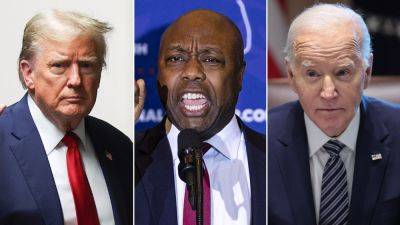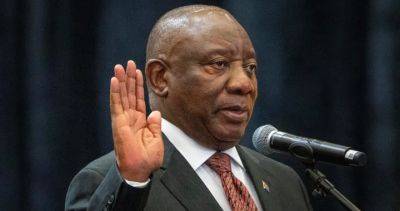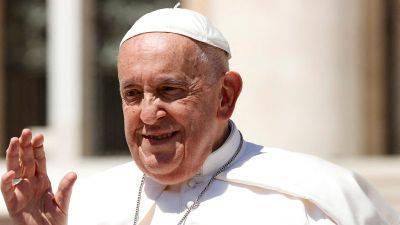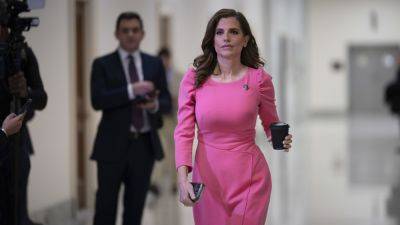South Africa's ruling ANC loses majority in country's most sweeping political shift in 30 years
- The result marks a meteoric fall for ANC from the 57.5% wrested during the previous election of 2019 — at the time, the party's weakest feat since South Africa's first democratic vote in 1994.
- Popular support for the ANC during the May 29 vote came in at 40%, with the Democratic Alliance (DA) at 21.8%, and the Marxist Economic Freedom Fighters (EFF) clinching 9.5%, according to the country's electoral commission with 99.9% of the votes counted.
South Africa's governing African National Congress lost its parliamentary majority of 30 years, in the country's most sweeping political shift since the end of the apartheid.
Popular support for the ANC during the May 29 vote came in at 40%, with the Democratic Alliance (DA) at 21.8%, and the Marxist Economic Freedom Fighters (EFF) clinching 9.5%, according to the country's electoral commission with 99.9% of the votes counted. The six-months-old uMkhonto weSizwe party of the country's former president Jacob Zuma, established in December, clinched 14.6% of votes.
The result marks a meteoric fall for ANC from the 57.5% wrested during the previous election of 2019 — at the time, the party's weakest feat since South Africa's first democratic vote in 1994. Long regarded as a symbol of liberation, the ANC has been on the backfoot in a battle with the practicalities of governance in recent years, amid a rise in systemic issues such as declining living standards, chronic power outages, decades-high violent crime rates and unemployment of almost 33%. In 2022, the World Bank named South Africa "the most unequal country in the world."
"Top-of-mind issues for voters are unemployment, loadshedding, corruption, and crime, which have all taken a toll on the country's growth performance for







